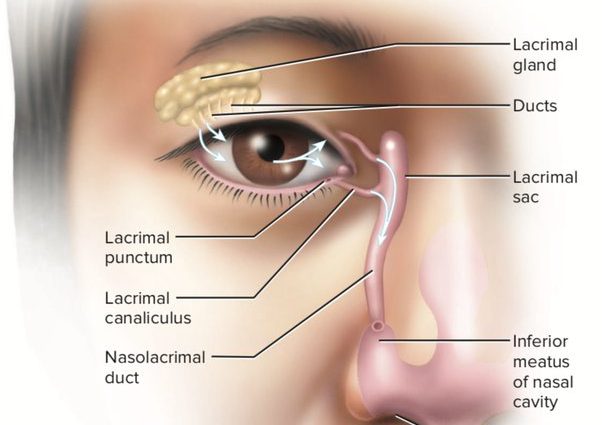Caffeine consumption can affect the eye’s ability to produce tears, a study by Japanese scientists has shown. According to the journal Ophthalmology, this discovery could have significant implications for people suffering from dry eye syndrome.
78 people participated in the study by scientists from the University of Tokyo, half of whom took caffeine-containing tablets and the other half – placebo. In the second round of research, caffeine was also administered to people who were previously in the control group. The tear fluid volume was measured 45 minutes after application of the preparation. It turned out that after taking a caffeine tablet, the production of tears increased in each of the respondents.
All tests were carried out from XNUMX a.m. to noon, as the production of tears usually remains constant then.
Before each test, subjects had to give up caffeine and no medications for six days. People with high blood pressure, allergies, glaucoma, dry eye syndrome, and other conditions that could affect tear production were also excluded.
Scientists speculated that caffeine would stimulate the lacrimal glands in the same way as it stimulates the secretion of saliva or digestive juices. Also, taking into account the fact that the body’s response to caffeine may differ from person to person, they analyzed DNA samples, which concluded that tear production was higher in people carrying the two variants of the genes CYP1A2 and ADORA2A, which play an important role in caffeine metabolism.
The Japanese hope that, once the conclusions are confirmed by more extensive research, it will be possible to use caffeine to treat dry eye syndrome, which includes a number of conditions resulting from insufficient eye lubrication and disrupted tear production. Women and contact lens wearers experience it more often. In the most advanced cases, it can lead to permanent eye damage.










